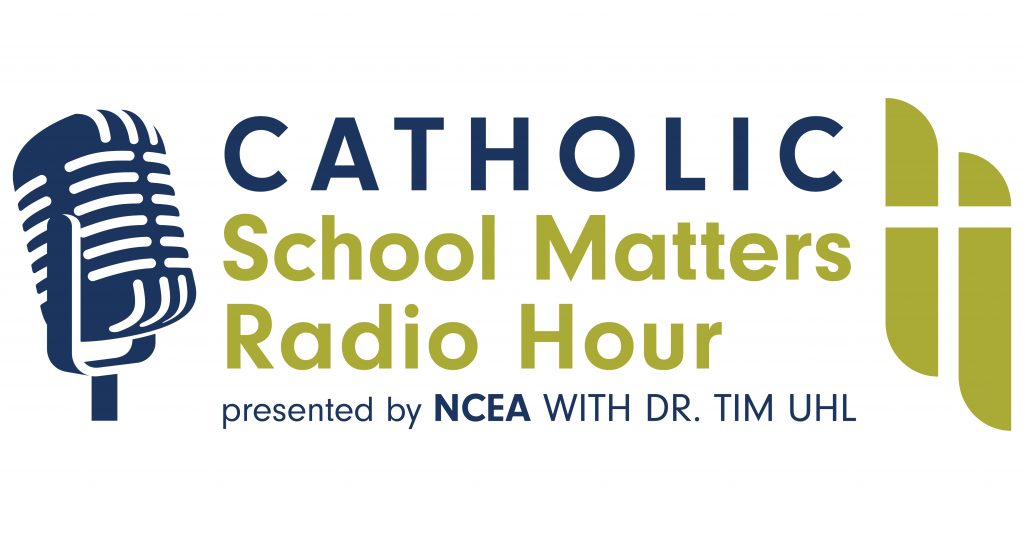
On this week’s Catholic School Matters Radio Hour podcast, I bring on four super guests to explore different aspects of our work in Catholic schools. First, Dr. Massimo Faggioli of Villanova joins me to discuss the crisis in the Church. As a professor of Church History and a native of Italy, Dr. Faggioli has a unique perspective. He believes that Americans view the Church in corporate terms (with the Pope as CEO) and has other unique factors (free press and respect for law) which have contributed to the crisis and heightened its effects. According to Faggioli, the current pontificate exposes internal conflicts of the American church with each faction asserting its own narratives. In this “Age of Anger” (his term), he believes people find meaning and identity in their expressions of outrage.
This is the article we reference in the conversation from January when Dr. Faggioli posits that the crisis is as serious a threat to the Church as the Protestant Reformation. Here is an article which included Dr. Faggioli from a year ago. In November, Dr. Faggioli was part of a panel examining how the media has influenced coverage of the crisis.
Then NCEA presenter Jodee Blanco talks about dealing with difficult parents in Catholic schools and meeting the needs of our students. Blanco focuses on helping school leaders build emotional credibility. After all, educators all over the country face the rage and irrational behavior of parents, which she believes originate out of fear. It is important to focus on fear in order to generate compassion for these parents. Our conversation focuses on building emotional credibility—namely, specificity, immediacy, and semantics. The conversation is filled with specific tips for school leaders and teachers to assist them in their ministry.
Caroline Sliney, the dynamic leader of Blessed Sacrament in NYC and a Loyola Marymount PLACE Corps and ACE Remick graduate, talks about the struggles and successes of an urban Catholic school. Sliney believes that building community has been key to differentiating her school among the competition in New York City. The strong parent group, for instance, provides a home away from home for her families. And the importance of word of mouth referrals among her happy parents has led to the school’s expansion and Sliney details the challenges of this year before they fully consolidate operations next year.
Finally, Jack Peterson of Managing for Mission, explores the intersection of management, mission, and leadership. He discusses his long association with Tacoma’s Bellarmine Prep High School where he stepped away before his leadership became stagnant and described his introverted leadership style. He described his emphasis on management and the importance for school leaders. Good leadership requires good management, according to Peterson. He uses the metaphor of the tide and waves to illustrate his point. Leadership is the waves tossing on the shore and management is more like the tide creating and sustaining institutional change.
We explore the dynamics of the pastor-principal relationship with the tension between micromanagement and indifference. Leadership requires management and Peterson believes we gravitate toward our comfort levels. For the principal, it’s important to manage up and communicate expectations. What does the pastor (or president? Or Board?) need in order to manage and lead?
Here is the link to Jack’s Managing for Mission site which is full of free resources.
Here is another direct link to this week’s Catholic School Matters Radio Hour podcast.